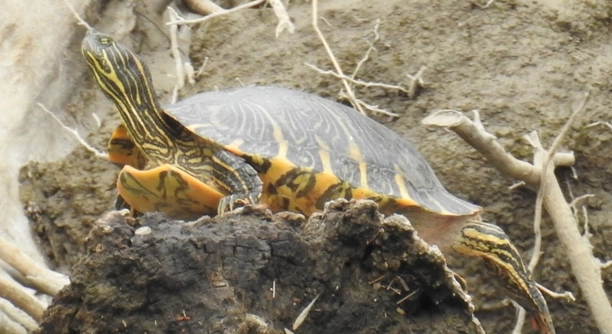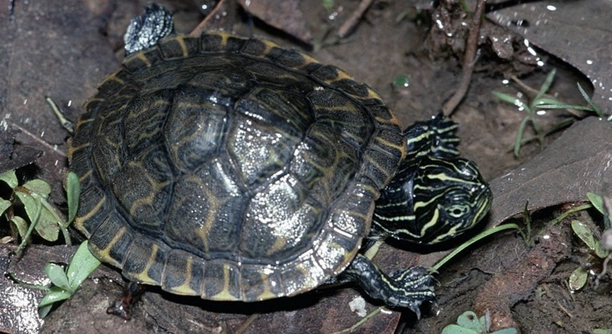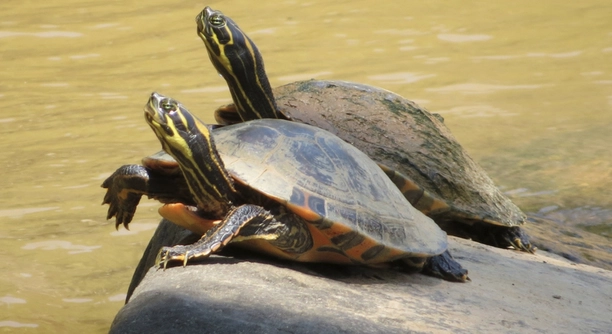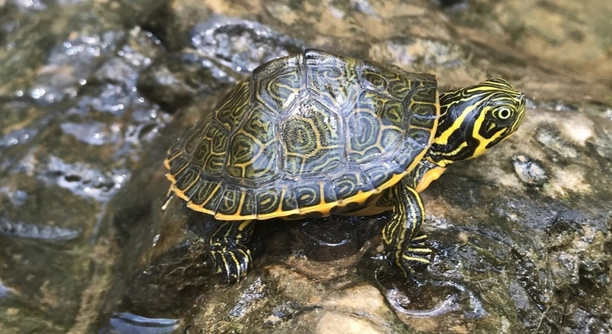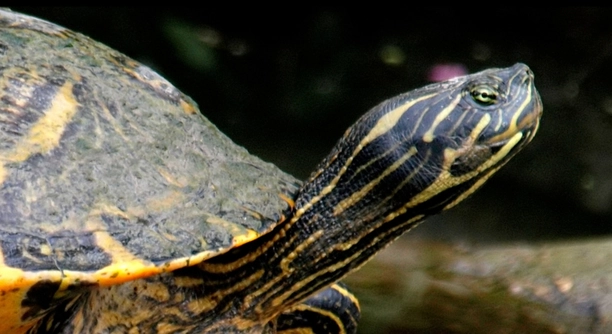7 Things That Stress Out Cooter Turtles
Cooter turtles are fascinating creatures, but like many animals, they can be stressed by certain factors in their environment. Understanding what causes stress can help ensure they stay healthy and happy in their habitats. Several factors can stress out cooter turtles, including water quality, changes in temperature, and the presence of predators. Poor water quality … Read more

